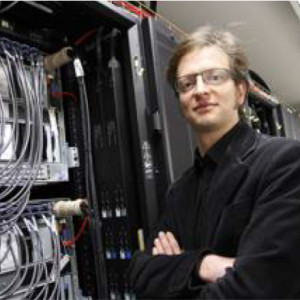 \
&
Contact us
\
&
Contact us
 \
&
Contact us
\
&
Contact us
Climate change and environmental degradation are an existential threat to Europe and the world. To overcome these challenges, Europe states it needs a new growth strategy that transforms the Union into a modern, resource-efficient and competitive economy where
This will happen by turning climate and environmental challenges into opportunities across all policy areas and making the transition just and inclusive for all.
New technologies, sustainable solutions and disruptive innovation are critical to achieve the objectives. The full range of instruments available under the Horizon Europe programme will support the research and innovation efforts needed.
But to respond to the ambition of the European Green Deal objectives, Horizon 2020 will support Green Deal related research and innovation with a call close to 1 billion €. The draft workprogramme is available, the final version is expected to be published late August.
The EU will also provide financial support and technical assistance to help people, businesses and regions that are most affected by the move towards the green economy. This is called the Just Transition Mechanism and will help mobilise at least €100 billion over the period 2021-2027 in the most affected regions through:
On this NCP Flanders webpage you will find
info@ncpflanders.be
+32 2 550 15 65
Find the contact info on the site of WEWIS
The National Contact Points (NCPs) provide support, guidance, and practical information to potential applicants, helping them navigate funding opportunities and application processes.
The Programme Committee (PC) members represent their country in decision-making about the work programmes, evaluate implementation, and provide strategic input on priorities and calls.
Infosheets contain edited content on aspects related to this programme. They are reviewed at least yearly.
Related links are easy pointers towards external information. We curate the list, but are not liable for the destinations.
Documents contain additional information related to this programme, and are similar to related links.

Professor Lieven Eeckhout’s main research interests include computer architecture and the hardware/software interface with a specific emphasis on performance evaluation and modeling, and dynamic resource management.
Professor Eeckhout is the recipient of a European Research Council (ERC) Starting grant, Advanced grant and three Proof of Concept grants. Two of his former PhD students founded in 2013 CoScale, a spin-off in data center monitoring, which was acquired by New Relic.